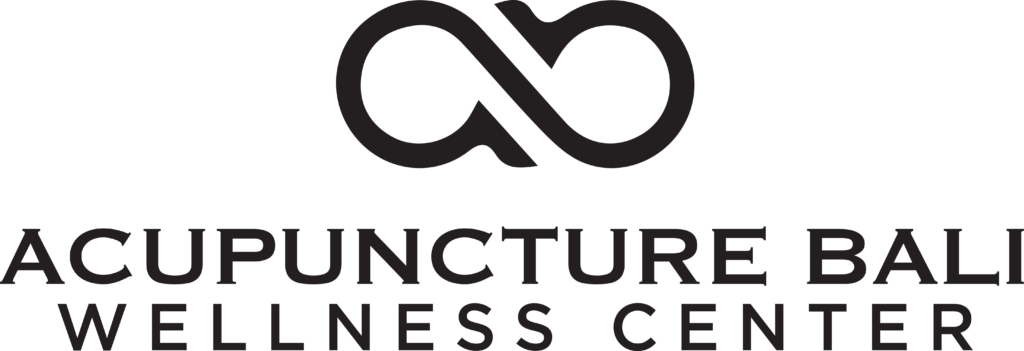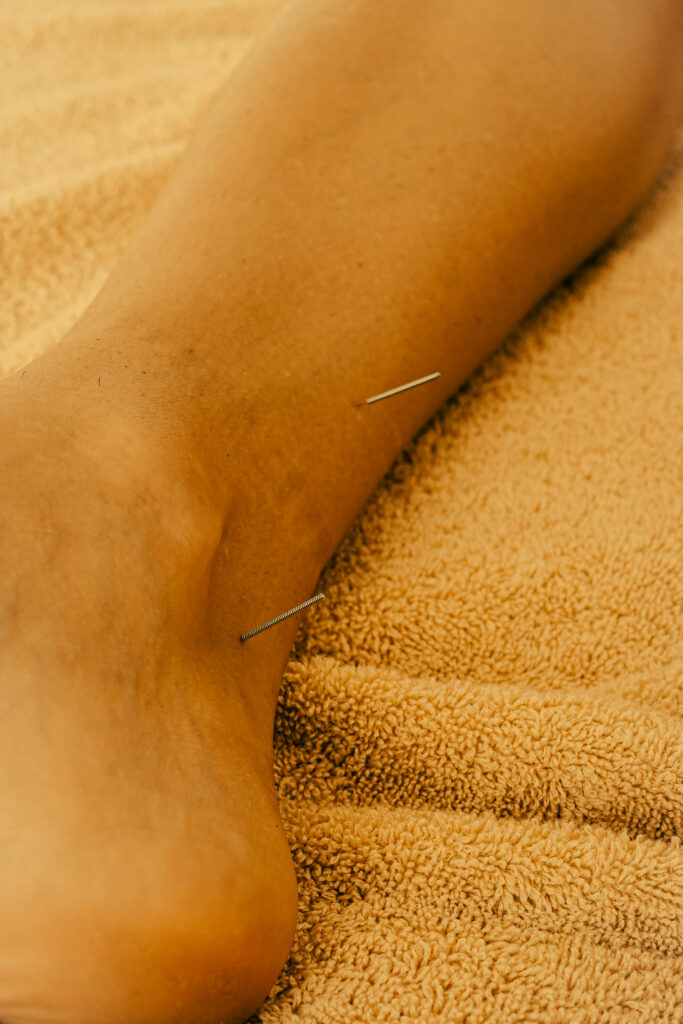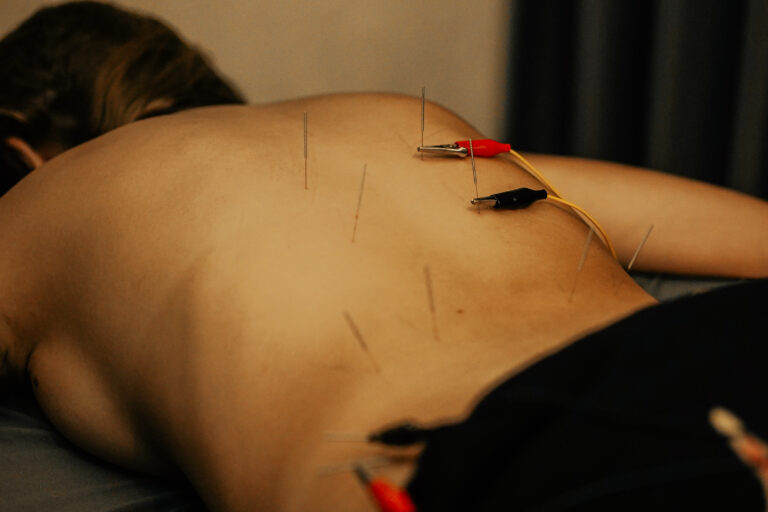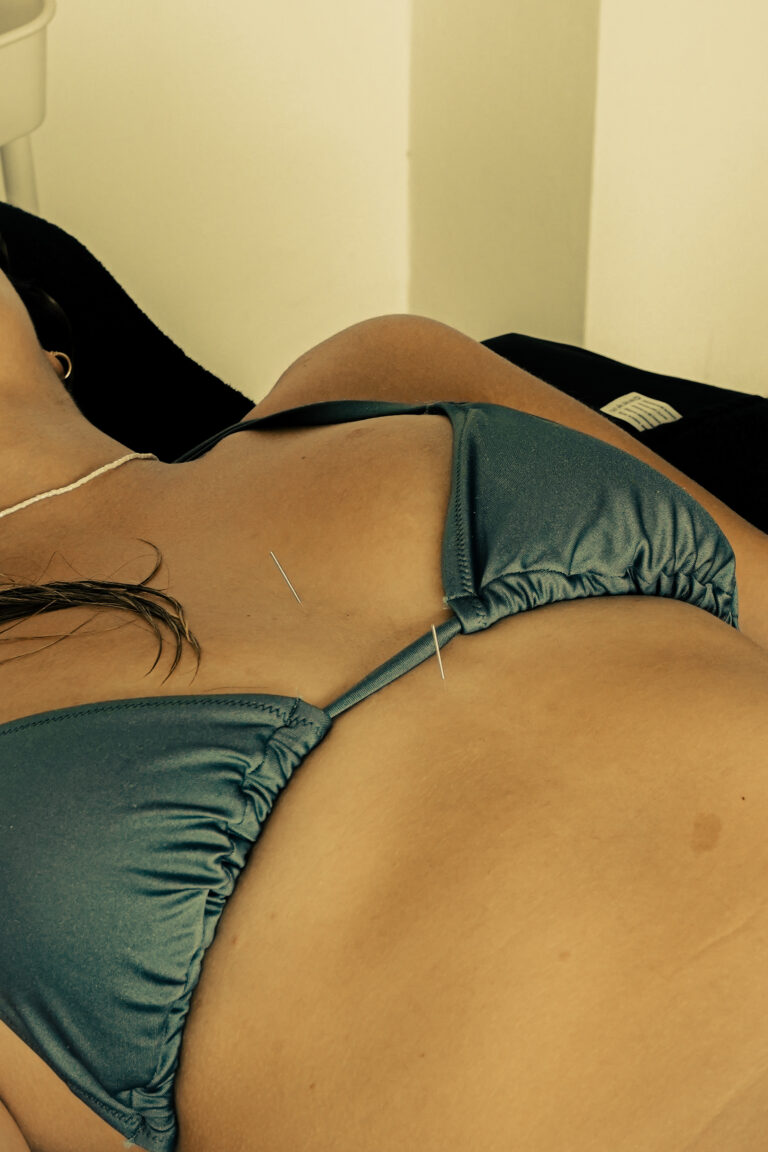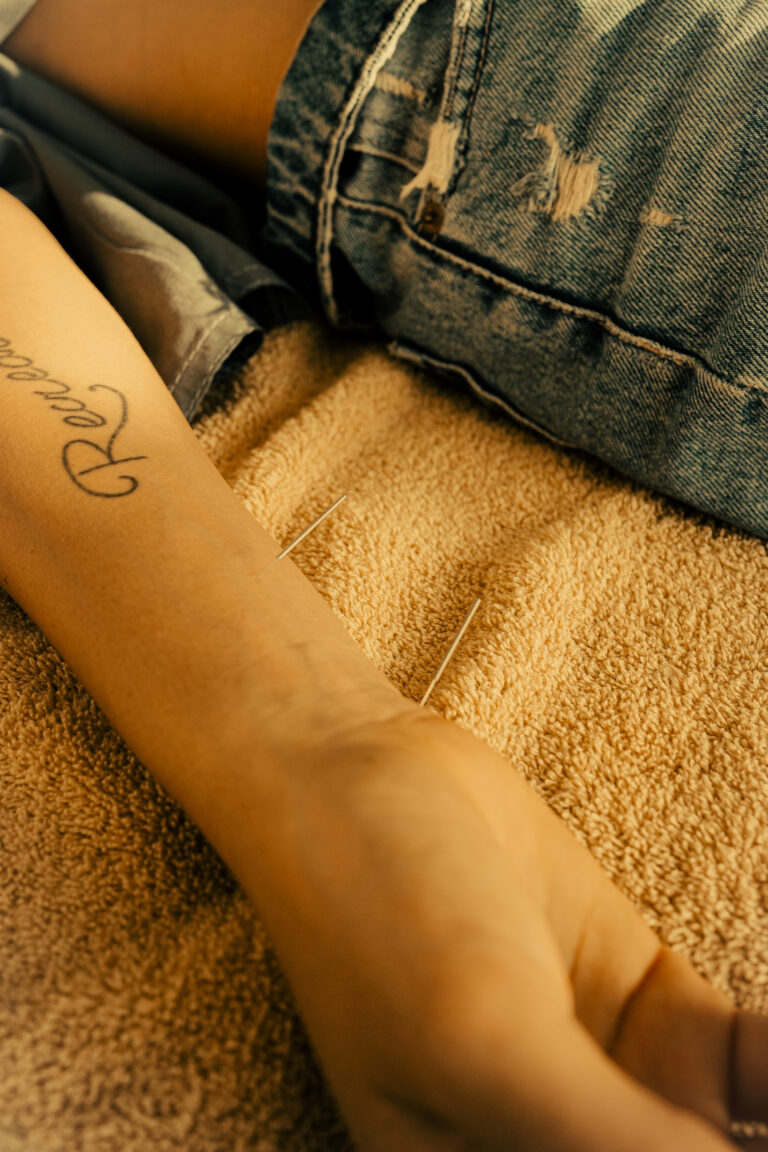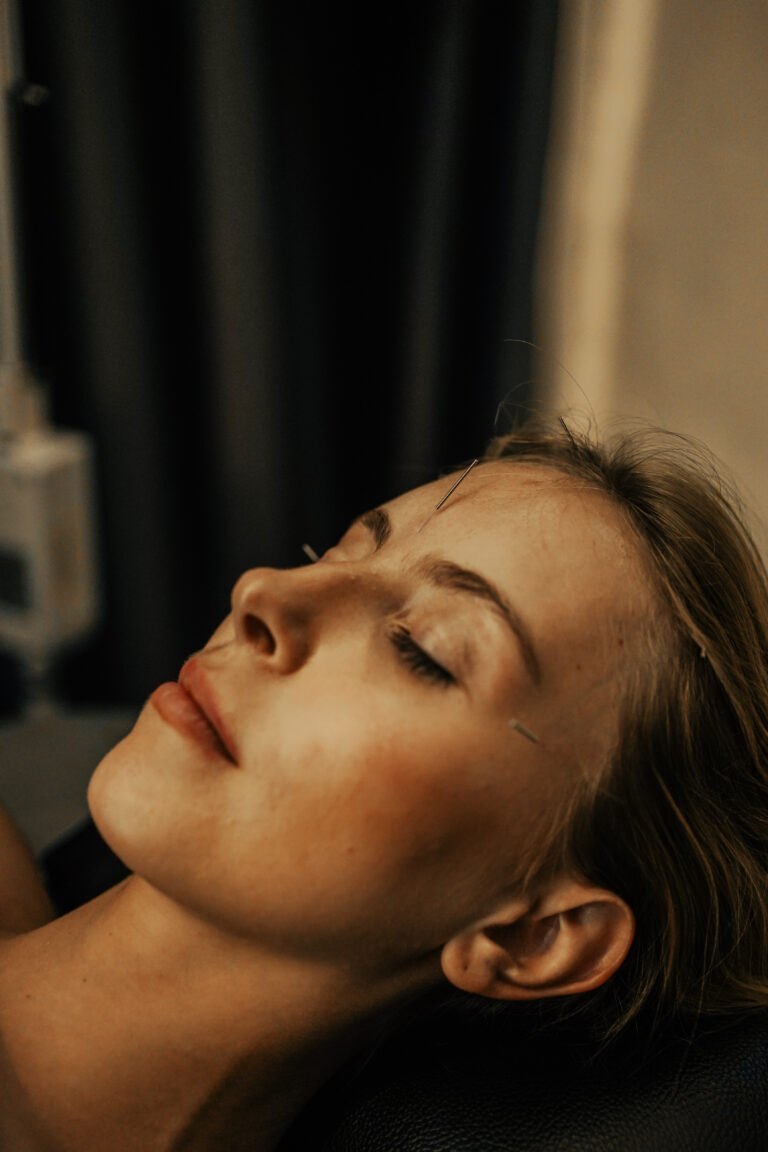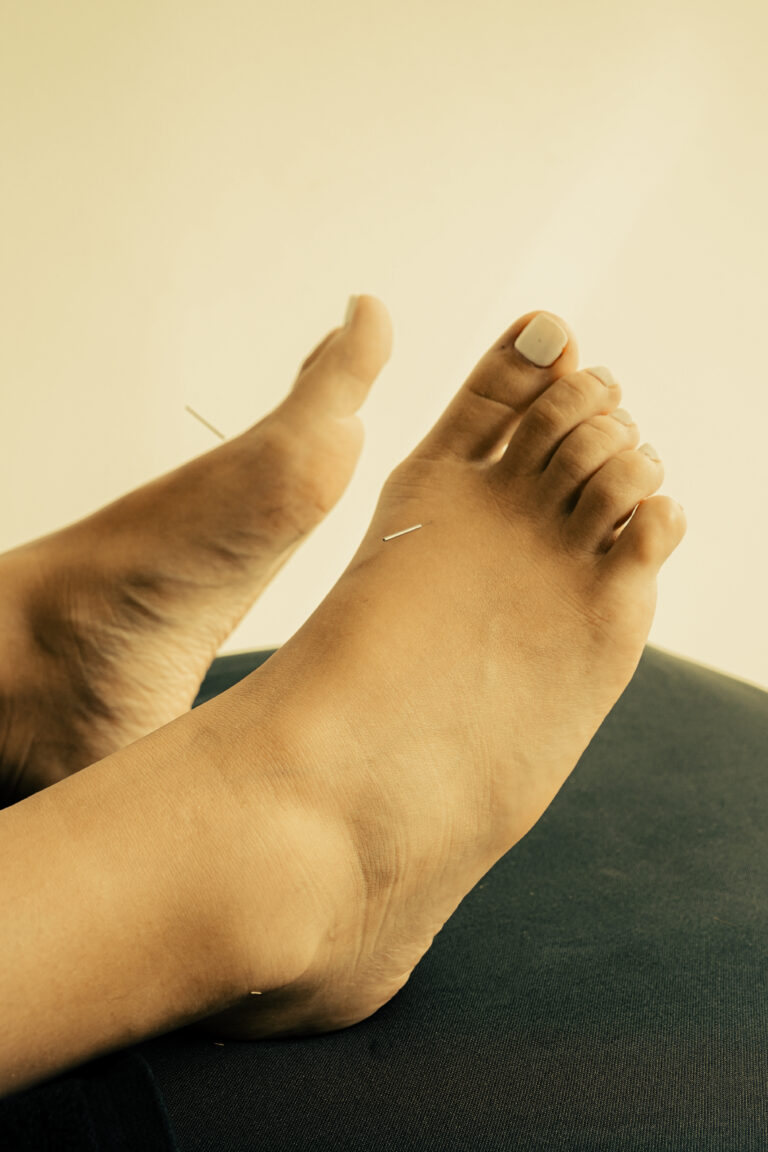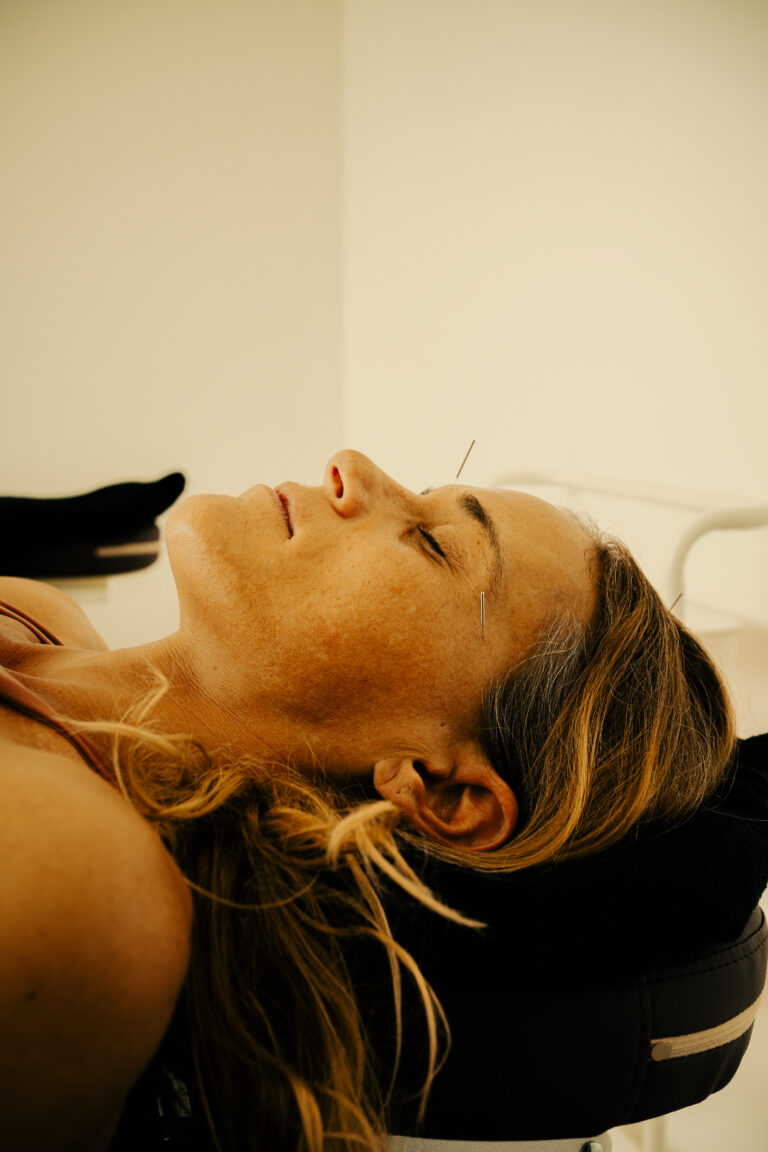In Traditional Chinese Medicine (TCM), the Spleen (Pi) plays a central role in transforming food into Qi and Blood, which nourish the body and the Shen (mind/spirit). The Spleen also governs thought—this is why excessive thinking, worrying, or studying for long periods without rest can weaken the Spleen.
When the Spleen is deficient, it fails to produce sufficient Qi and Blood. This not only causes physical symptoms such as fatigue, poor digestion, and loose stools, but also affects the mind—leading to overthinking, poor concentration, and forgetfulness.
Over time, a vicious cycle can form: overthinking weakens the Spleen, and a weak Spleen further worsens overthinking.
Key Organ Systems Involved
- Spleen (Pi)
- Governs transformation and transportation of nutrients into Qi and Blood.
- Deficiency leads to poor nourishment of the body and mind.
- Heart (Xin)
- Houses the Shen (spirit). Requires Blood from the Spleen for mental clarity and emotional stability.
- Liver (Gan)
- Regulates Qi flow. Stagnation due to emotional stress can overburden the Spleen.
- Kidney (Shen)
- Stores Essence and supports Spleen function. Chronic Spleen deficiency may weaken Kidney Qi over time.
Common TCM Patterns for Spleen Deficiency with Overthinking
- Spleen Qi Deficiency
- Symptoms: fatigue, poor appetite, loose stools, bloating, pale complexion, poor concentration
- Tongue: pale with teeth marks
- Pulse: weak or soft
- Cause: poor diet, excessive worry, overwork
- Spleen and Heart Qi/Blood Deficiency
- Symptoms: fatigue, insomnia, palpitations, anxiety, poor memory, dizziness
- Tongue: pale
- Pulse: thin and weak
- Cause: prolonged Spleen Qi deficiency affecting Heart Blood
- Spleen Yang Deficiency
- Symptoms: cold limbs, diarrhea with undigested food, sluggish thinking
- Tongue: pale, swollen, moist coating
- Pulse: deep and weak
- Cause: chronic Qi deficiency and cold
Treatment Principles in TCM
- Tonify Spleen Qi to improve transformation and transportation
- Nourish Heart Blood to stabilize the Shen
- Warm Spleen Yang in cold-type deficiencies
- Regulate Liver Qi to reduce emotional constraint on the Spleen
- Calm the mind to break the cycle of overthinking
Diet and Lifestyle Tips (TCM-Based)
Diet Tips
- Eat warm, cooked meals: congee, soups, steamed vegetables
- Include Spleen-nourishing foods: sweet potatoes, pumpkin, carrots, millet, oats, chicken, dates, goji berries
- Avoid cold/raw foods, iced drinks, greasy or overly sweet foods
- Drink warm water or herbal teas like ginger or red date tea
Lifestyle Tips
- Maintain a consistent meal and sleep schedule
- Avoid prolonged sitting—take short breaks to stretch and move
- Limit mental work before bed
- Practice mindfulness meditation or gentle Qigong to calm the mind
- Avoid multitasking and overcommitting to mental tasks
Daily Acupressure for Spleen Deficiency & Overthinking
- SP6 – San Yin Jiao (三陰交)
- Location: 3 cun above the medial malleolus, behind the tibia
- Function: Tonifies Spleen, Liver, and Kidney; nourishes Yin and Blood; calms the Shen
- ST36 – Zu San Li (足三里)
- Location: 3 cun below ST35, one finger breadth lateral to the tibia
- Function: Tonifies Qi and Blood, strengthens digestion, boosts vitality
- HT7 – Shen Men (神門)
- Location: On the wrist crease, radial side of the flexor carpi ulnaris tendon
- Function: Nourishes Heart Blood, calms the Shen, improves sleep
- CV12 – Zhong Wan (中脘)
- Location: Midline of the abdomen, midway between the umbilicus and the sternocostal angle
- Function: Harmonizes the Stomach and Spleen, aids digestion
- BL20 – Pi Shu (脾俞)
- Location: 1.5 cun lateral to the lower border of the spinous process of T11
- Function: Back-Shu point of the Spleen; tonifies Spleen Qi
Technique: Apply gentle pressure for 1–2 minutes per point while breathing deeply.
TCM Treatment Recommendations
- Acupuncture: Points like SP6, ST36, HT7, BL20, CV12 to tonify Spleen Qi and calm the Shen
- Moxibustion: Over CV12 and ST36 for cold-type deficiencies
Conclusion
From a TCM perspective, overthinking is both a cause and result of Spleen deficiency. The key to breaking this cycle is nourishing the Spleen, calming the mind, and maintaining balanced lifestyle habits. With targeted acupressure, acupuncture, herbs, diet, and mindful living, it’s possible to restore both mental clarity and physical vitality.
Sources
- Maciocia, Giovanni. The Practice of Chinese Medicine: The Treatment of Diseases with Acupuncture and Chinese Herbs. Elsevier, 2005. ISBN: 9780443074905
- Deadman, Peter, Al-Khafaji, M., & Baker, K. A Manual of Acupuncture. Journal of Chinese Medicine Publications, 2007. ISBN: 0951054651
- Chen, John K., & Chen, Tina T. Chinese Medical Herbology and Pharmacology. Art of Medicine Press, 2004. ISBN: 9780974063504
